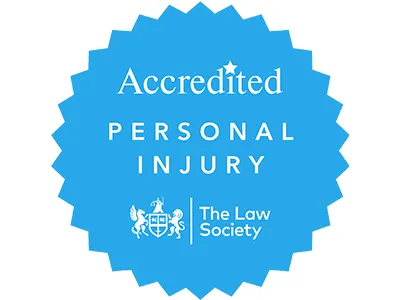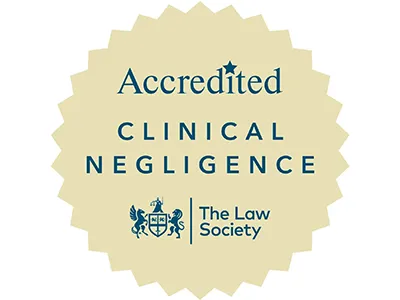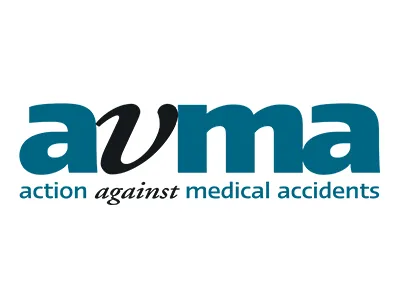What If There’s No Conviction? Claiming Through the CICA Without a Criminal Conviction
As a victim of violent crime in Great Britain, you might wonder if you can still claim compensation if the assailant hasn’t been caught, charged, or convicted. It’s a common misconception that a criminal conviction is a prerequisite for a successful claim with the Criminal Injuries Compensation Authority (CICA). The good news is, for many cases, it isn’t required.
The Criminal Injuries Compensation Scheme (the Scheme), administered by the CICA, operates differently from the criminal justice system. While a criminal court requires proof “beyond reasonable doubt” for a conviction, the CICA assesses claims based on the “balance of probabilities”. This means the CICA needs to be satisfied, based on the evidence, that it is ‘more likely than not’ that a crime of violence occurred and caused your injuries. Therefore, you do not need to wait for the outcome of a criminal trial, or even for an assailant to be identified or convicted, to make your application.
However, this doesn’t mean there are no requirements related to the incident and the police.
Essential Steps Even Without a Conviction:
- Report to the Police: The most crucial step is ensuring the crime of violence has been reported to the police as soon as reasonably practicable. If the crime has not been reported, the CICA cannot make a payment. The CICA will consider factors like your age, capacity, and overall demeanour at the time of the incident when assessing any delay in reporting. It’s vital to report the incident to the police, even if you’ve reported it elsewhere like your workplace or to a doctor.
- Cooperate in Bringing Justice: The Scheme requires you to cooperate as far as reasonably practicable in bringing the assailant to justice. While a conviction isn’t needed, your active cooperation with law enforcement is. If you fail to do so, your award may be withheld, or even if a final payment has been made, the CICA can demand repayment of all or part of it if they discover you didn’t fully cooperate.
- Cooperate with the CICA: Beyond cooperating with the police, you also have a responsibility to provide all reasonable assistance to the CICA during your application. This includes responding to their communications promptly, updating changes to your address or circumstances, providing requested information and documentation (such as medical evidence you can reasonably obtain), and attending medical examinations to verify your injuries. Failure to provide such assistance can lead to your award being refused or reduced.
Examples of No-Conviction Claims
Some common examples where CICA may award compensation without a conviction include:
- Assaults where the assailant was known but not prosecuted due to lack of evidence
- Historic sexual abuse cases where the offender has since died or cannot be located
- Attacks by strangers in public places where no suspect was identified
- Domestic violence claims where the offender was not convicted due to evidential difficulties
Other Factors the CICA Considers:
While a conviction isn’t necessary, your own conduct before, during, and after the incident is considered. For instance, if you provoked the incident, willingly participated in a fight, or had a history of violence with the assailant, your compensation may be withheld or reduced. Your unspent criminal convictions can also affect your eligibility or the amount of any award. You do not have to be convicted of a crime of violence for it impact on your award. Any conviction can be considered and be a reason to reduce or refuse an award. In addition, you must meet certain nationality and residency criteria, generally being ordinarily resident in the UK at the time of the incident, though exceptions apply.
In summary, victims of violent crime should not hesitate to apply for criminal injuries compensation simply because there has been no conviction. The CICA makes its decisions based on the available evidence and the balance of probabilities. What is essential is a prompt police report and full cooperation with both the police and the CICA throughout the application process.
How We Can Help
At Ison Harrison, we are experienced in handling CICA claims where the absence of a conviction might seem like a barrier. We help clients gather and present their evidence effectively, liaise with the police for necessary documentation, and guide you through the process with compassion and clarity.
We recognise that every case is unique and that pursuing compensation can be a key part of a victim’s recovery. If you’re unsure whether you’re eligible, we offer free initial advice to help you understand your position.
Contact us today for expert advice – call 0113 284 5000.





